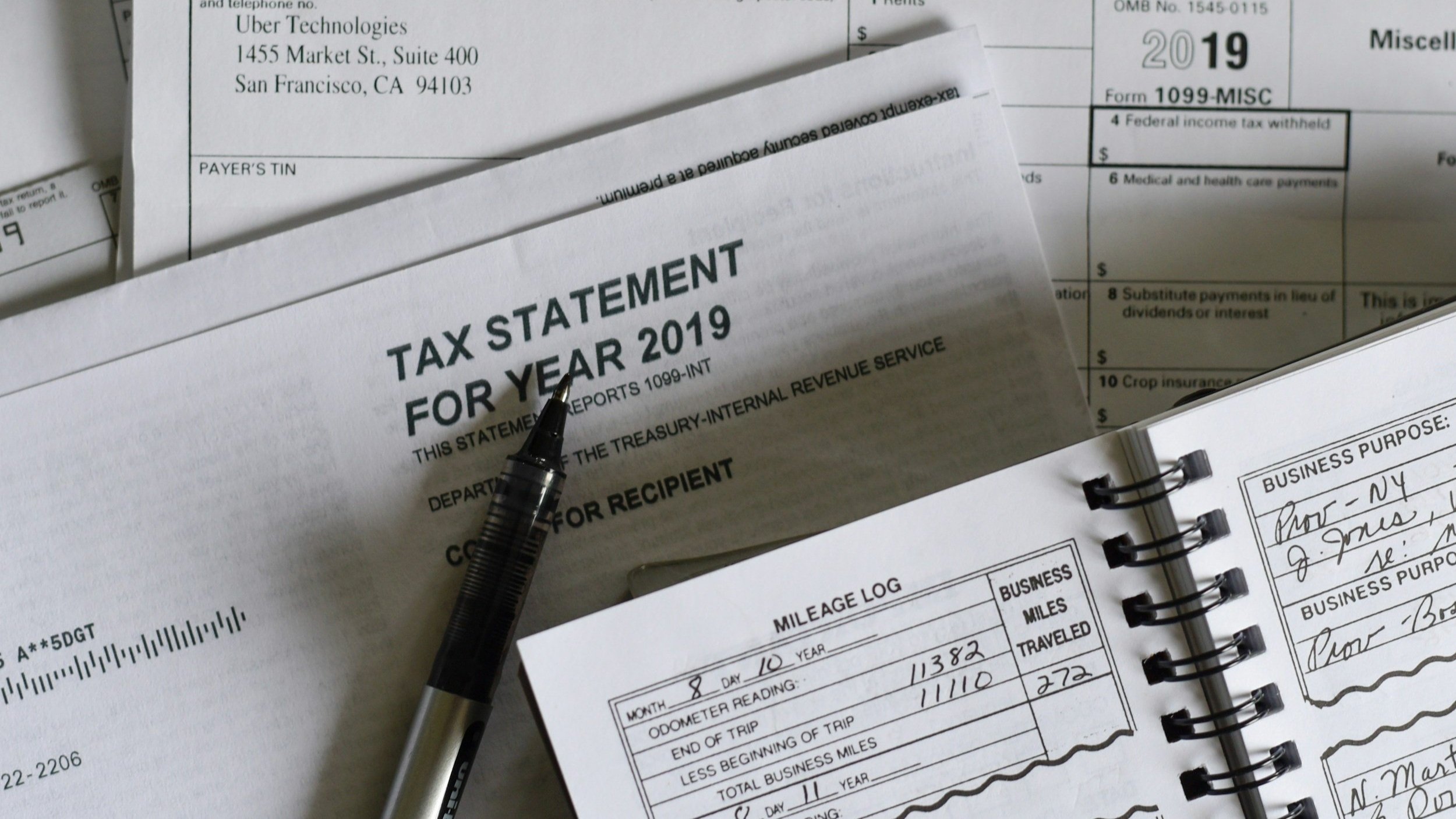Inheritance Taxes & Your Family Ranch
“In this world, nothing is certain except death and taxes.” - Ben Franklin
When planning for ranch succession, understanding how taxes work in the transfer of assets is crucial. Many people often confuse inheritance taxes with federal estate taxes and state taxes, but they’re different concepts.
Inheritance Taxes
Inheritance tax is a tax paid by the person who inherits property, such as land, livestock, or assets. It’s imposed by some states, not the federal government.
Who pays: The heir or beneficiary.
Rate: The rate depends on the state and the value of the inheritance, as well as the relationship between the deceased and the heir. For example, a spouse might be exempt or have a lower rate compared to a distant relative.
States with Inheritance Tax: A handful of states still impose inheritance tax, including Iowa, Kentucky, Maryland, Nebraska, New Jersey, and Pennsylvania.
Federal Estate Tax
The federal estate tax is imposed on the total value of the deceased person’s estate before it is distributed to heirs. This includes all assets, such as real estate, cash, and investments.
Who pays: The estate pays the tax, not the heirs, but the estate must be settled first.
Exemption Amount: As of 2025, the federal estate tax exemption is over $12 million per individual. This means estates worth less than this threshold typically do not face federal estate tax. However, married couples can combine exemptions, allowing them to pass on over $24 million without estate tax.
Rate: The rate on estates that exceed the exemption amount ranges from 18% to 40%, depending on the value.
State Estate Taxes
Similar to the federal estate tax, but imposed by the state instead of the federal government. Not all states have estate taxes, but those that do have their own exemptions and rates.
States with estate taxes like California don't impose an estate tax, but New York, Massachusetts, and Oregon are among those that do.
Exemption amount is typically much lower than the federal exemption. For example, New York has an estate tax exemption of $6.58 million as of 2025.
How It All Ties Into Ranch Succession
Land and Livestock can be highly valued assets, and they might be subject to either estate or inheritance taxes depending on the state. If you’re leaving a large estate, having a trust or life insurance can help mitigate some of the taxes.
Planning Ahead: The good news is that with smart planning (such as using trusts, gifting strategies, or structuring the ranch as a family business), these taxes can be minimized, helping ensure your family doesn’t have to sell the ranch to pay the tax bill.
Planning Tip:
If your ranch is valued above the estate tax threshold, consider strategies like gifting portions of the ranch to heirs over time, using a Family Limited Partnership (FLP), or setting up a Charitable Remainder Trust (CRT) to reduce the estate’s taxable value.
Remember, the exact structure of the tax burden depends on your state, so it’s important to consult with both a tax advisor and an estate planner to ensure your ranch stays in the family without too many financial hurdles.
Good estate planning is part of succession planning and can reduce tax burdens and help ensure a smoother asset transfer of the farm and ranch from one generation to the next.
For further reading…

